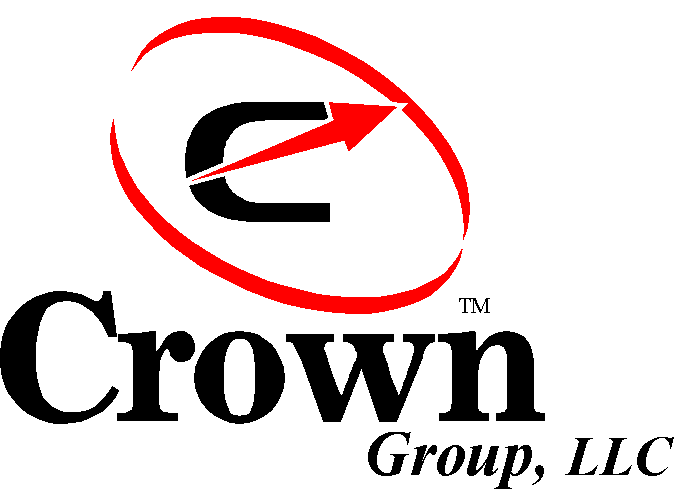
![]()
|
|
|
|
"Never let the
fear of striking out get in your way."
This may seem to be a strange subject area since everyone knows what Assets and Liabilities are. Right? Perhaps not. At least not from a more day-to-day or practical manner. Some of the information contained in this section and a few others were modified from several good books by Robert Kiyosaki. He presents a very simple a practical approach to building wealth, investing and understanding Assets, Liabilities and other income terminology. His books and other items may be found at "Rich Dad Poor Dad" (one of his first books). If you invest in a business it will
fall into the "Income Generating Asset" (IGA) category discussed below. ASSETS: Definition: (Webster's Dictionary) Asset: Etymology: back-formation from assets, singular, sufficient property to pay debts and legacies, from Anglo-French asetz, from Old French assez enough, from (assumed) Vulgar Latin ad satis, from Latin ad to + satis enough -- more at AT, SADDate: 1531 1 plural a : the property of a deceased person subject by law to the payment of his or her debts and legacies b : the entire property of a person, association, corporation, or estate applicable or subject to the payment of debts 2 : ADVANTAGE, RESOURCE <his wit is his chief asset> 3 a : an item of value owned b plural : the items on a balance sheet showing the book value of property owned This area can be confusing to many people. Generally most people understand that an asset is something of value, e.g. home or car. This is the typical approach that bankers take for loaning money and you would normally take in filling out an income statement. This is also where many people get into trouble financially. Someone may say they are buying an asset but the asset actually "consumes" money from their other income sources. I would like to use a little different approach to the terms Assets and Liabilities, that are more oriented toward income than just a static listing. Kiyosaki defines Assets as items that "put money into your pocket." I would like to take this just a step further and divide assets into 2 groups: Static, e.g. homes, cars etc. those generally that have no real useful value unless you sell them, and "Income Generating Assets" (IGA) which "put money into your pocket" without having to sell them. Some may say that this is "splitting hairs" over the definition but here are a few good examples: Static Assets: (assets that have value if sold but do not generate income and often consume money)
Income Generating Assets (IGA): (Assets that have value and provide regular income to you, i.e. "put money into your pocket")
As you can see from these examples the key point is if it does not provide an income or positive Cash Flow to you it most of the time consumes money you make from other sources (negative Cash Flow). All successful businesses and investors try to let money "work for them" instead of working for money. This is a form of business "leverage" that will be discussed elsewhere. Also, successful businesses and investors establish Multiple Sources of Income to not only increase their income but act as a buffer if one or more IGA's decrease their income generation. Some call this diversification or not "putting all your eggs in one basket." Most employees have "all their eggs in one basket." This can be financially very "dangerous." Successful businesses and investors (the Right side of the income table) let their assets buy their "toys" or other "static assets". For example, a business may add a product line that produces additional income for the company and stockholders. An individual investor may develop another IGA in order to purchase a boat. Wealthy people have many "toys" but they let their "assets" buy them. Most people (remember the Left side of the income table) only have 1 source of income. Therefore they are very vulnerable to losing that income. This is generally much more risky than intelligent "investing." Some say that "it takes money to make money." In some cases it may - but not much if you do your homework and know what you are doing. However, remember the "Poor-Minded" and "Middle-Class Minded" thinking mentioned earlier and the fact that "Everyone" starts at "Ground Zero." The key is knowledge, making good decisions, consistent focused effort and the "desire" to succeed.
LIABILITIES: Definition: li·a·bil·i·ty: Date: circa 1809 2 : something for which one is liable; especially : pecuniary obligation : DEBT -- usually used in plural 3 : one that acts as a disadvantage : DRAWBACK This may be a little easier. Most people recognize that liabilities "consume" money (or other resources) or you "owe" money to have them. Examples of Liabilities:
The key here is to have your IGA's pay for your liabilities. If you do this then your "WF" will be positive and developing more IGA's will increase your "WF," which may be passed to your children.
This is the second part of
the Income Statement mentioned earlier, i.e. Assets and Liabilities (below it is broken further into IGA's and Static Assets).
(you may want to list a few of your Assets
and Liabilities).
|
|
Copyright © 1997-2009
Crown Group, LLC
|